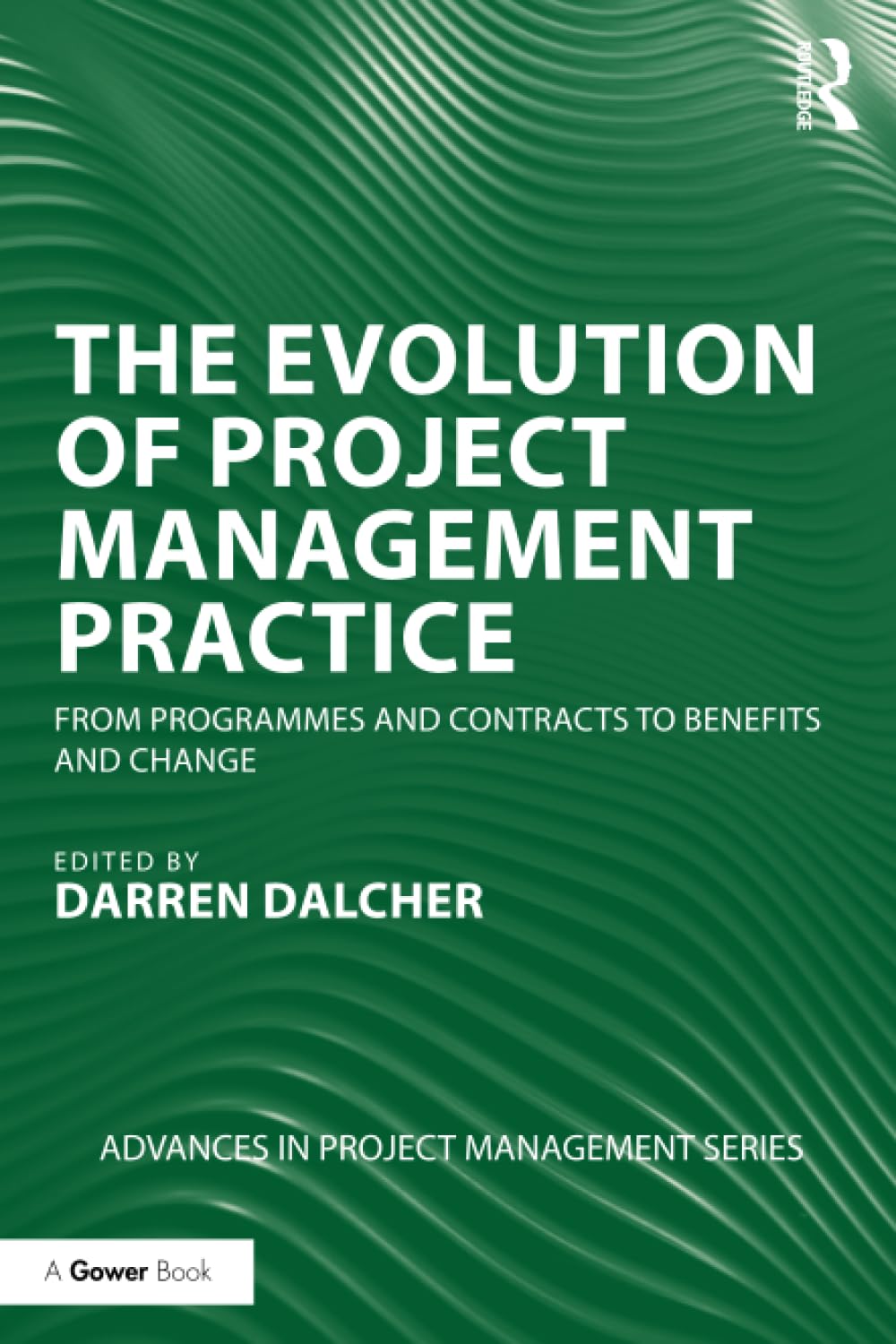
Contract
What is a Contract?
A contract is a formal agreement between two or more parties that outlines the rights, responsibilities, and obligations of each party involved. In project management, clients, suppliers, contractors, and other stakeholders use it to define the scope of work, deadlines, costs, and terms of service. These agreements can be written, verbal, or implied, but written contracts are the most common and enforceable in legal contexts. A well-structured contract helps to manage expectations, reduce risk, and provide a basis for resolving disputes.
Key Points
- It is a legally binding document that supports project governance and accountability.
- It clearly defines deliverables, timelines, payment terms, and performance expectations.
- Types of contracts commonly used in project management include fixed-price, time and materials, and cost-reimbursable agreements.
- Teams should review each contract for legal validity and compliance with local laws and industry standards.
- It often includes clauses for change management, dispute resolution, and termination conditions.
Related Terms
- A statement of work provides detailed descriptions of the tasks and deliverables referenced in a contract.
- A procurement plan outlines how contracts will be acquired and managed during a project.
- A change order is a formal amendment to an existing contract to account for new or revised work.
- A risk register can include potential risks related to contract performance or non-compliance.
- A project sponsor may be responsible for authorizing contracts and ensuring alignment with business goals.
Contract: Example
A construction company signs a fixed-price contract with a municipal government to build a new community center. The agreement specifies the total cost, the expected timeline, and the materials the project team should use. It also includes penalties for delays and outlines procedures for requesting changes. Both parties sign the document before they begin any work. This ensures that each side understands their roles and what they must do for successful project completion.
Contract: Best Practices
- Always involve legal or procurement experts in drafting and reviewing it.
- Ensure all terms are clear, specific, and free of vague language.
- Align contract deliverables with the project scope and schedule.
- Monitor its performance regularly to ensure compliance.
- Keep a documented record of all changes and communications related to it.
Additional Resources
Preparing for a PMI certification?
- Exam Prep Courses: PMP®, CAPM®, and PMI-ACP®
- Exam Simulators: PMP®, CAPM®, PMI-ACP®, PMI-PBA®, PMI-RMP®, PMI-SP®, PgMP®, and PfMP®
- Professional Development Units (PDUs): 15, 30, and 60 PDU Bundles




